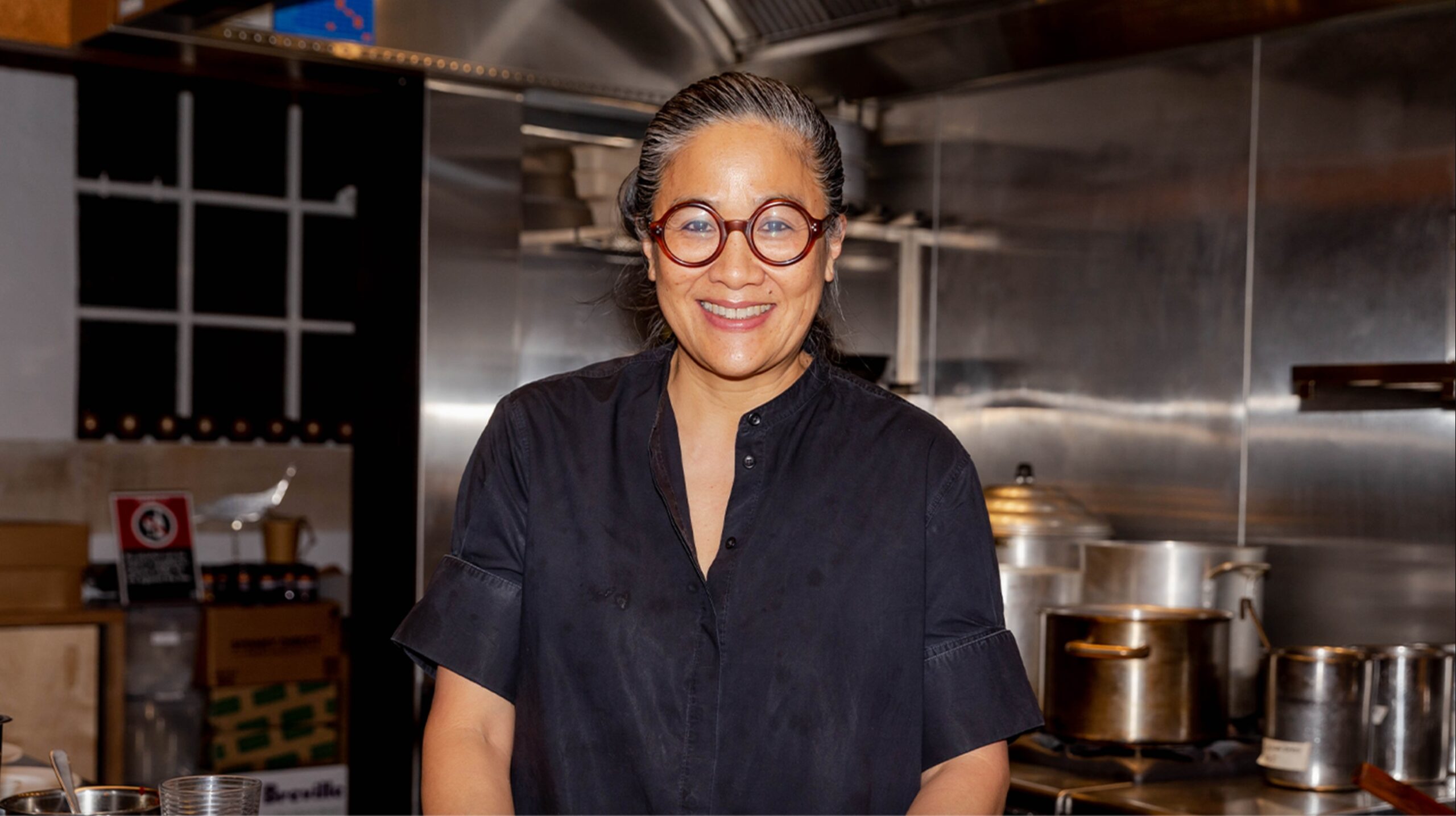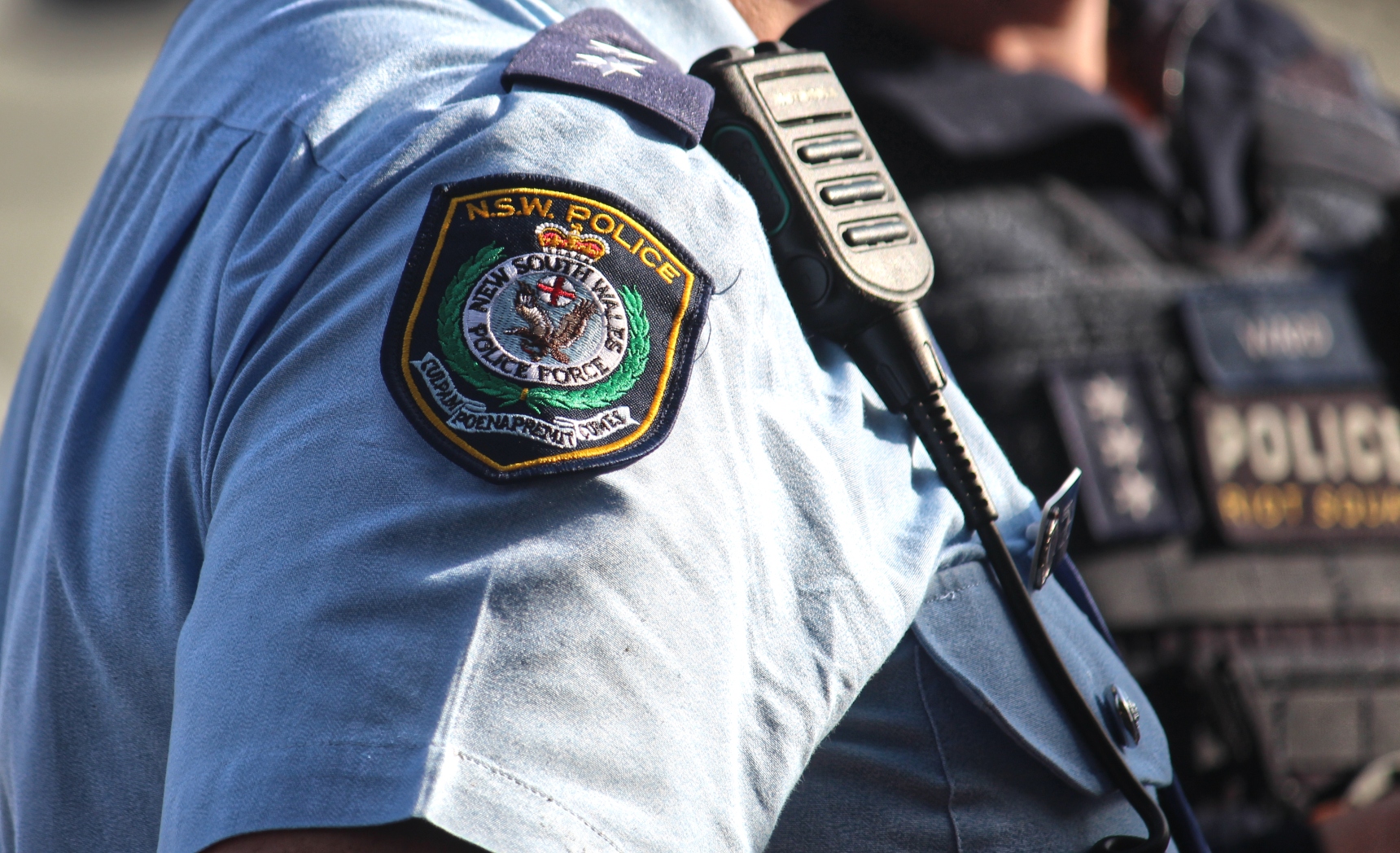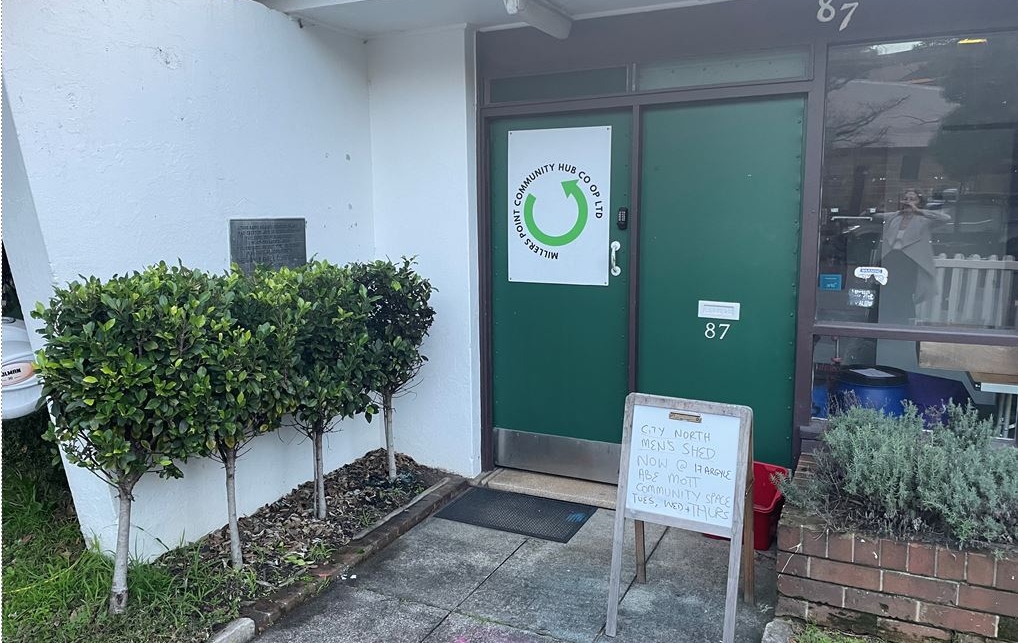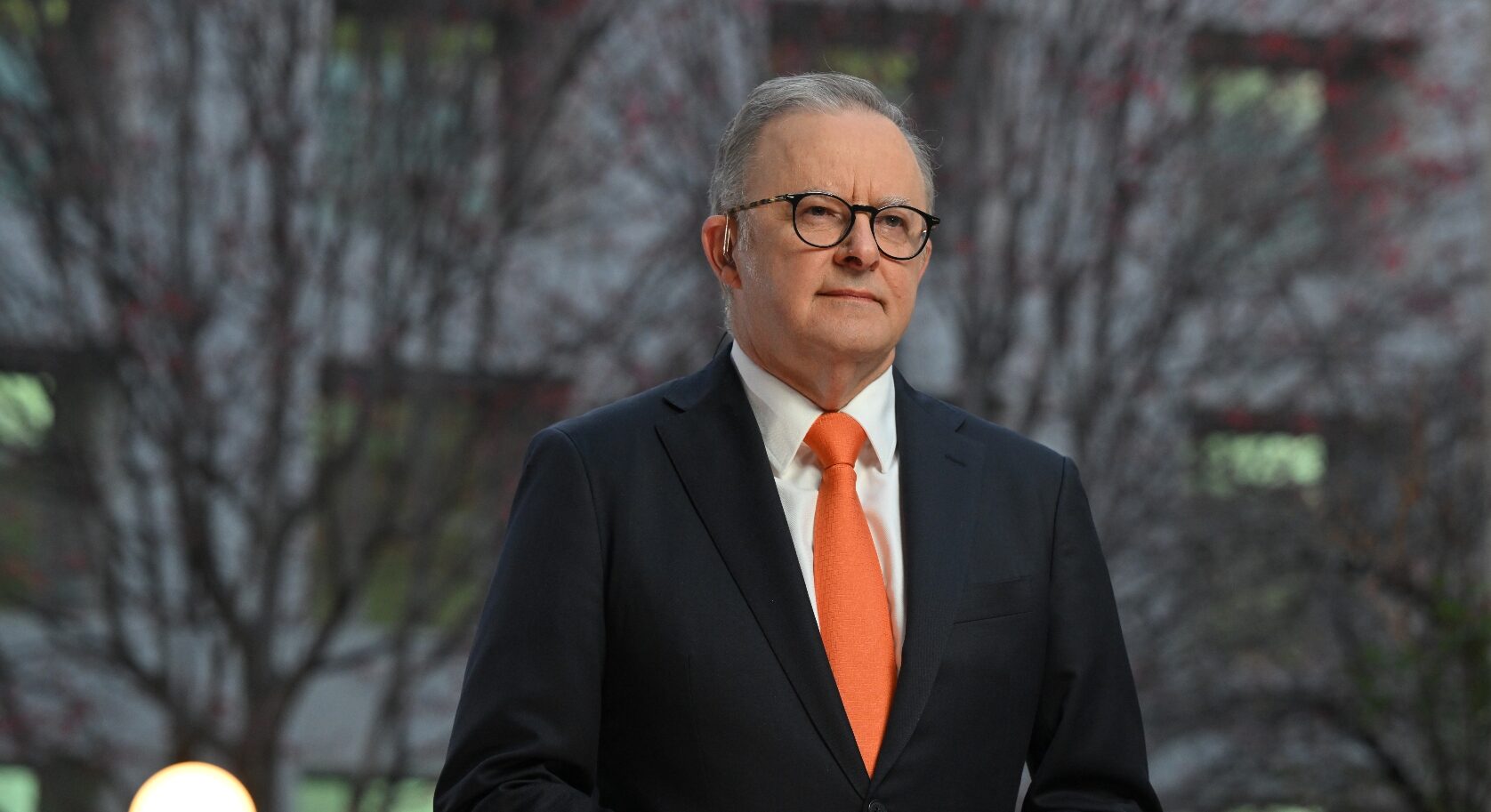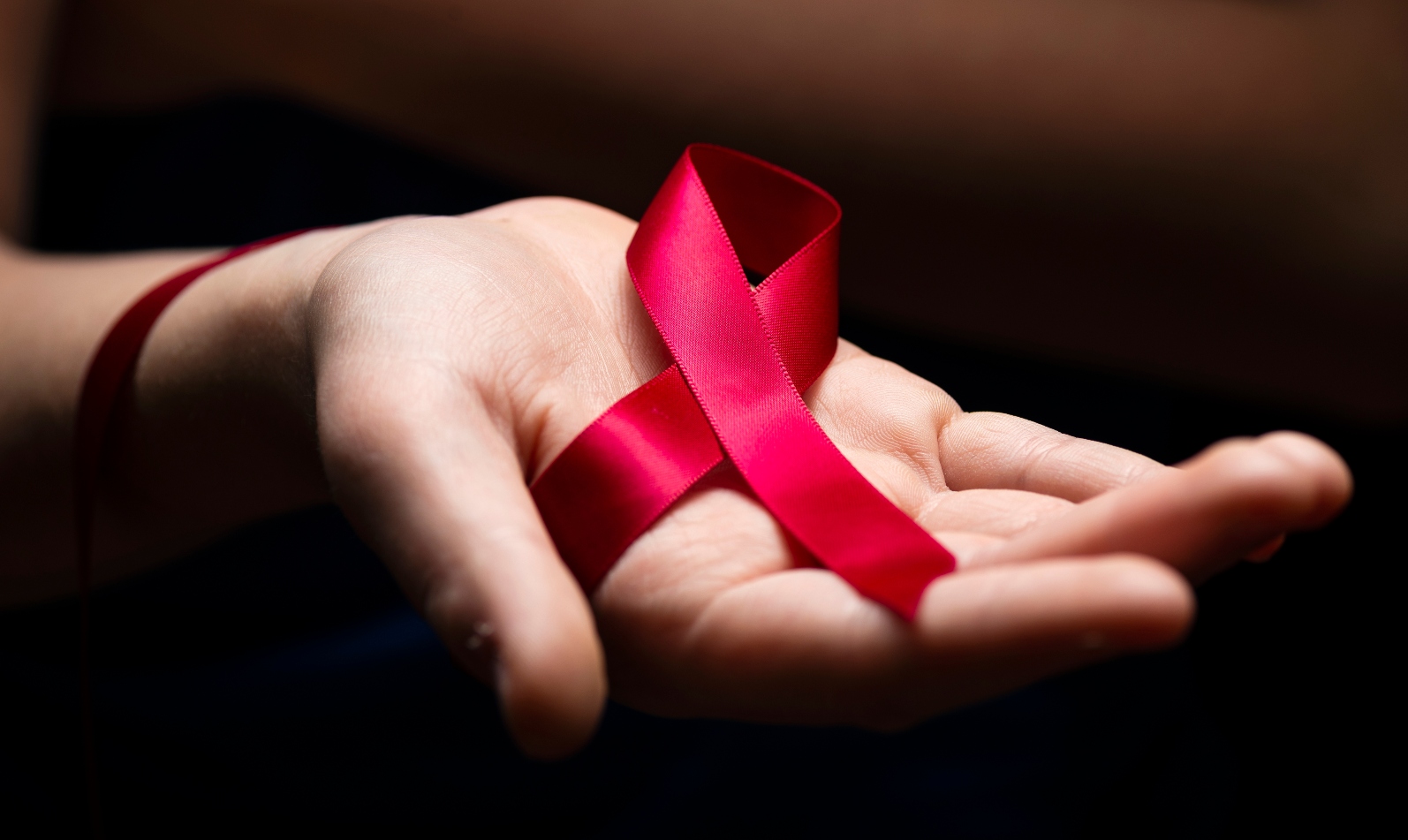
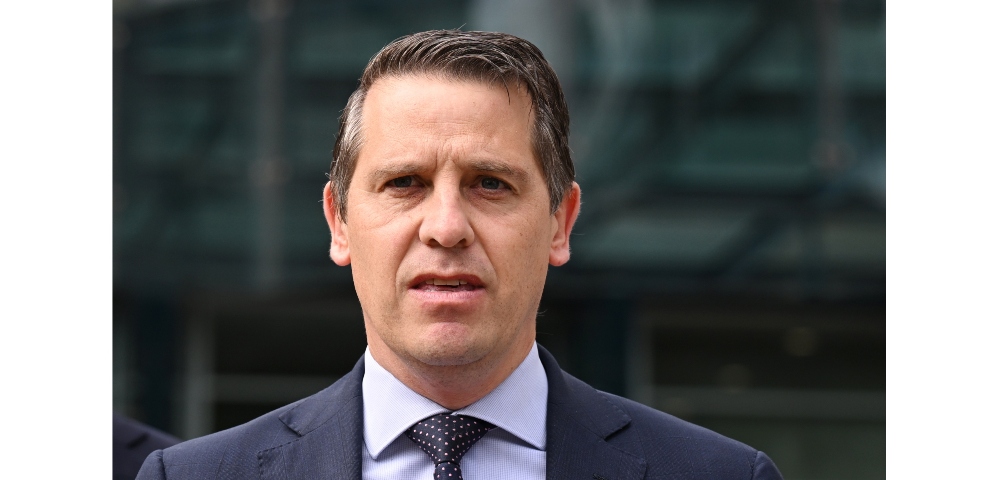
by GRACE JOHNSON
The NSW Government has announced the trial of a mobile cardiac treatment to take place across Sydney, allowing patients suffering from cardiac arrest to receive quicker and more effective care.
Patients across Sydney will benefit from the mobilisation of extracorporeal membrane oxygenation – or ECMO – treatment. The machine will be placed in ambulances, allowing NSW Ambulance to put patients on ECMO in a shorter period of time.
In order for ECMO treatment to be effective, patients need to be placed onto the machine within an hour of their cardiac arrest. This can be difficult when patients suffering from cardiac arrest live far away from the major hospitals. The mobile machine allows ambulances to reach patients typically within 30 minutes, begin to give ECMO treatment, and then transfer the patients to a hospital.
As part of the trial, patients will be received at Westmead Hospital, Royal Prince Alfred Hospital and St Vincent’s Hospital.
ECMO treatment is a form of heart and lung bypass which provides blood flow and oxygen to the brain, heart and other vital organs.
As of today (Wednesday November 15), the trial is underway, with the vehicle operating two days a week.
A dedicated clinician working within the control centre will identify cardiac arrest patients who are suitable for ECMO and notify the ambulance team immediately.
To be placed on ECMO, a patient must be eligible according to specific criteria, which has not been detailed.
Having quicker access to ECMO can increase a patient’s rate of survival and also optimal neurological outcome, as they would have experienced minimal loss of oxygen. Patients need to be placed onto the ECMO machine within an hour of their cardiac arrest in order for it to be fully effective.
NSW Ambulance Chief Executive Dr Dominic Morgan said, “Our doctors and paramedics are well-equipped to respond to cardiac arrests within the community, with all of our ambulances fitted out with vital equipment including mechanical chest compression devices and medications.”
“This trial will go a step further, taking a cardiac bypass machine out on the road for the first time in NSW,” he continued.
Member for Parramatta Donna Davis said, “I’m thrilled that this exciting and promising trial is being launched in our community, and that Westmead will be a participating hospital.”
But Sydney Children’s Hospital is still fighting to reinstate crucial paediatric cardiac services, which are essential for the safe provision of ECMO treatment.
Paediatric cardiac services at SCH
In July, Health Minister Ryan Park wrote to the doctors at the children’s hospital in Randwick to inform them that medium and high complexity cardiac surgeries, including cardiac bypass, would only be performed at Westmead.
Cardiac bypass is also necessary for other procedures, such as complex airway surgery. And the use of the ECMO machine goes beyond heart-related issues to also support critically-ill children suffering from sepsis, cancer, or life-threatening pneumonia.
Greens MP Dr Amanda Cohn told the health minister earlier this month that no hospital in Australia or New Zealand provided ECMO without a cardiac surgical program. Mr Park responded by saying he was “confident that we can do it.”
At a press conference, Mr Park confirmed that the trial will be rolled out over a period of six months.
“I hope down the track we can look at rolling this out across New South Wales, certainly across our metropolitan areas, but we do need to get it right,” said the health minister.
“This is a trial that is small in nature and deliberately so, because we are using technology in a way that it hasn’t been used before.”
“We are really pushing the level of skills of our paramedics and our critical care doctors but I’m confident with their skills. I’m confident with the technology that we will see really positive outcomes as a result.”
ECMO can increase the survival rate of some patients in cardiac arrest from less than 5% to around 30%. But the fight to retain the cardiac services at Sydney Children’s Hospital necessary to maintaining safe and effective use of ECMO continues, with a protest by medical professionals from Randwick expected to occur next month.





